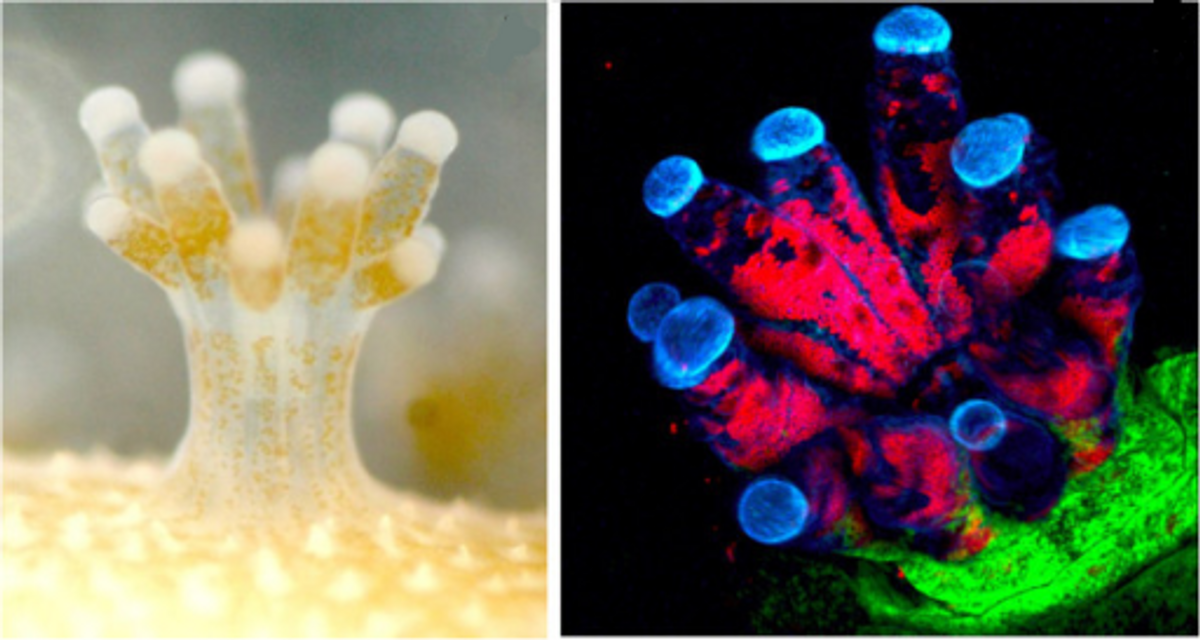Scientists often refer to DNA as the blueprint of a cell. Whether the genetic material is single stranded or double stranded, linear or circular, organisms across the tree of life rely on their genomic blueprint for instructions on living, growing, and reproducing. Due to the amount of information carried by this blueprint, the size of the genome poses a biological dilemma; from humans to single-celled aquatic organisms, all eukaryotes must find a solution for organizing their DNA into a tiny nuclear space.

In the quest for better tools to understand the 3D genomic architecture and the biological challenge of chromosome folding, a team of biochemistry and systems biology researchers investigated the unique genomic organization of unicellular marine plankton, dinoflagellates.
In this episode, Deanna MacNeil from The Scientist’s Creative Services Team spoke with Job Dekker, a systems biology professor at the University of Massachusetts Chan Medical School and an investigator at the Howard Hughes Medical Institute, to learn more.
The Scientist Speaks is a podcast produced by The Scientist’s Creative Services Team. Our podcast is by scientists and for scientists. Once a month, we bring you the stories behind news-worthy molecular biology research. This month's episode is sponsored by Arima Genomics.
Speaker:

Job Dekker, PhD
Investigator, Howard Hughes Medical Institute
Joseph J. Byrne Chair in Biomedical Research
Professor, Systems Biology
University of Massachusetts Chan Medical School
Arima Genomics, Inc. is advancing human health and the life sciences by revealing comprehensive genomic insights. Researchers and clinicians use Arima Genomics' innovative products and services to gain unparalleled access to the genome's sequence, structure, and regulatory landscape. This advanced technology is enabling improved human health through identifying biomarkers, expanding understanding of disease mechanisms, developing novel therapeutic approaches, and aiding in patient management.